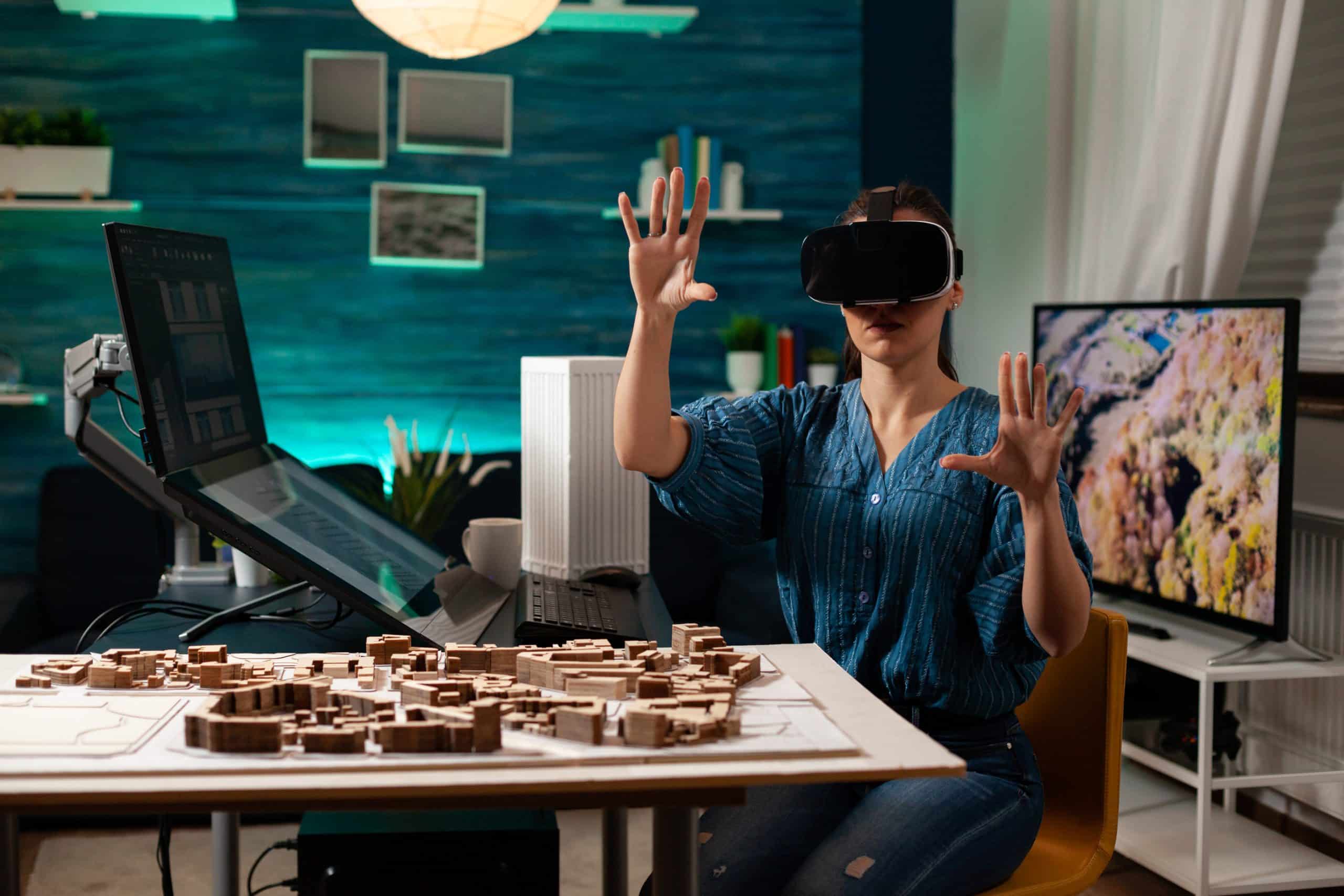What’s the Latest in Space-Robotic Technology for UK’s Satellite Maintenance?

Space, the final frontier, is a vast expanse that humankind has been striving to explore and understand for centuries. The UK’s space industry, in particular, has been making significant strides in the development and deployment of innovative space-robotic technologies for satellite maintenance.
The Current State of the UK’s Satellite Maintenance Industry
The UK’s satellite maintenance industry has been undergoing a seismic shift over the past few years. The rise in the number of satellites in orbit around the Earth has necessitated the development of advanced technologies and systems for their maintenance and repair.
Avez-vous vu cela : How Can Upcycled Electronics Reduce E-waste in the UK?
Presently, there are over 2,000 satellites orbiting our planet, serving a variety of purposes, from global communication and weather forecasting to scientific research and military operations. However, the increasing number of satellites also brings with it the problem of space debris. This debris, which includes defunct satellites and fragments from rocket bodies, poses a significant risk to operational satellites and other spacecraft.
In response to these challenges, the UK’s space industry, backed by the National Aeronautics and Space Administration (NASA) and other national space agencies, has been focusing on the development of space-robotic technologies for satellite maintenance and repair.
Cela peut vous intéresser : How to Navigate Graduate Education and Funding Opportunities in the UK’s Universities?
The Emergence of Space-Robotic Technology
Space-robotic technology represents the next frontier in satellite servicing. These systems have the capability to perform a variety of tasks in the harsh environment of space, from inspecting satellites and diagnosing issues to conducting repairs and even refuelling missions.
The development and deployment of space-robotic technology for satellite maintenance in the UK is being spearheaded by several innovative companies and research institutions. They have been working on the design and manufacture of space-robots that can be launched into orbit, navigate to a target satellite, and perform a range of maintenance tasks.
This technology holds the potential to dramatically increase the lifespan of satellites in orbit, reducing the need for costly and resource-intensive replacement missions. Additionally, space-robots could also be deployed to remove or de-orbit old satellites and other debris, thereby mitigating the growing problem of space pollution.
The Role of NASA and the UK’s National Space Industry
NASA and the UK’s national space industry have been instrumental in the development and deployment of space-robotic technology for satellite maintenance. NASA’s Satellite Servicing Projects Division, for instance, has been actively developing a suite of technologies to enable future robotic servicing missions in space.
In the UK, the national space industry has been working closely with NASA and other international partners to develop and launch their own space-robotic systems. Various UK-based companies and research institutions have been at the forefront of these efforts, leveraging their expertise in robotic technology and satellite systems to develop innovative solutions for satellite maintenance.
The Future of Space-Robotic Technology in the UK
Looking ahead, the future of space-robotic technology in the UK’s satellite maintenance industry appears promising. There is a growing recognition of the potential of these technologies to revolutionise the way we manage and maintain our satellites in orbit.
Increasing collaboration between industry, academia, and governmental bodies is set to drive further innovation in this area. The UK government, for instance, has expressed its commitment to investing in the space sector, with particular focus on the development of robotic and autonomous systems for satellite servicing.
Moreover, there is also a growing focus on the development of sustainable space technologies. This includes efforts to design space-robots that can be reused across multiple missions and systems that can efficiently de-orbit defunct satellites and other space debris.
In summary, the latest developments in space-robotic technology in the UK suggest a bright future for the country’s satellite maintenance industry. With continued investment and innovation, the UK is poised to become a global leader in this exciting new frontier of space technology.
A Detailed Look into UK’s Leading Space Companies and Institutions
Leading the charge in the UK’s space industry are numerous innovative companies and leading research institutions. They have dedicated their expertise in space systems, satellite technology, and space robotics to significantly impact the domain of satellite maintenance and repair. These pioneering entities are greatly supporting the enhancement of space-robotic technology, improving the likelihood of successful orbit servicing, debris removal, and mission extension.
Prominent among these is Surrey Space Centre, a world-leading Centre of Excellence in Space Engineering. The Centre has been actively involved in developing innovative space-robotics applications, including a space harpoon designed to capture space debris. Their work pushes the boundaries of current satellite servicing techniques and presents a sustainable solution to the growing issue of orbital debris.
Another key player is Astroscale UK, a subsidiary of Astroscale Holdings Inc., a market leader in satellite end-of-life and active debris removal services. Astroscale’s mission is to secure safe and sustainable development of space for the benefit of future generations, a goal that aligns perfectly with the national and international space agencies’ vision.
The Defence Science Technology Laboratory (Dstl) is also heavily invested in space technologies, focusing specifically on defence and security. Dstl is working on various projects to tackle the issue of space debris and to extend the lifespan of satellites, emphasising the importance of both satellite safety and longevity.
Through their collective efforts, these organisations continue to push the envelope in satellite technology, addressing the imminent issues that the increasing number of satellites in the Earth’s orbit present.
Conclusion: The Potential Impact of Space-Robotic Technology on the UK’s Space Industry
The advancement of space-robotic technology has ushered in a new era for the UK’s space industry. The potential impacts are multifold. Firstly, it could substantially extend the operational lifespan of satellites. This would translate into significant cost savings, as it would reduce the need for frequent, expensive replacement missions. Secondly, robot-assisted debris removal could alleviate the growing issue of space pollution, thus safeguarding operational satellites and the International Space Station.
Furthermore, the development of space robotics has the potential to spark a new wave of job creation in the space sector. The rising demand for specialised knowledge and expertise in the design, production, and operation of space robots could lead to a significant growth in employment opportunities within the industry.
Lastly, these advancements could position the UK as a global leader in space technology. The country’s continued investment in space robotics and commitment to the space sector could set a precedent for other nations. The UK’s efforts to tackle space debris and promote sustainable space operations could inspire international cooperation in addressing these critical issues.
In conclusion, the latest developments in space-robotic technology for satellite maintenance and repair in the UK signal a promising future for the country’s space industry. It exemplifies the significant progress the UK has made in its quest to explore and understand the vast expanse of space. With ongoing innovations, the UK’s space industry is set to make a substantial impact on the international space technology landscape in the years to come.
